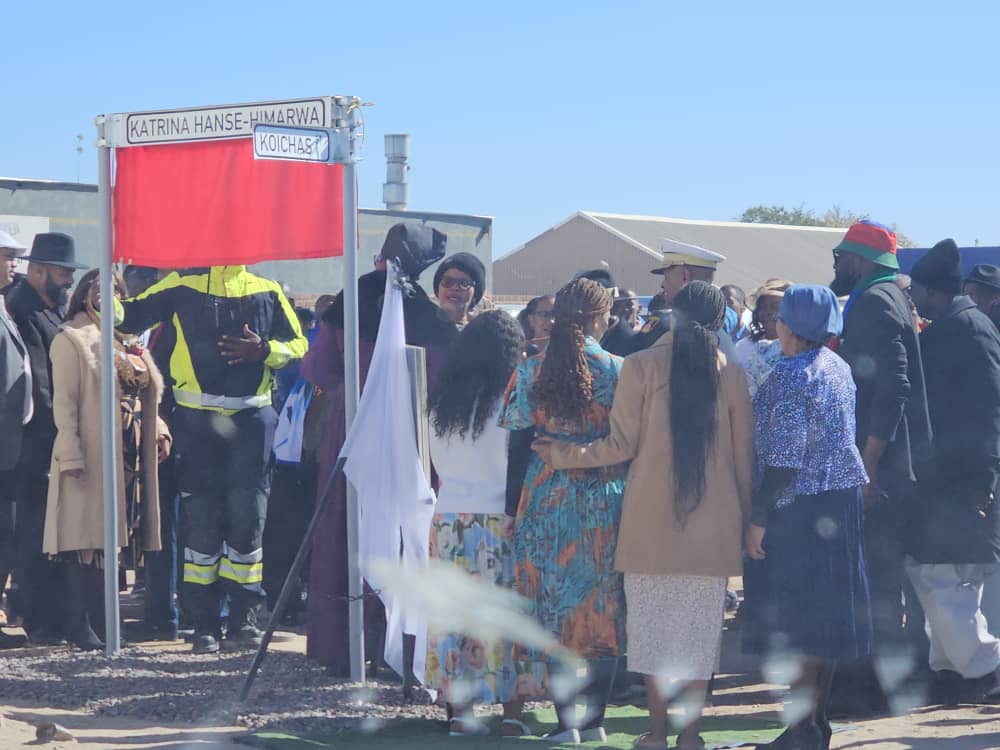CABINDA – Angola’s rebel province of Cabinda is on a difficult search for a settlement to end decades of separatist fighting in this patch of land that is the lifeline of the country’s oil boom.
A peace overture from the Angolan government is being received with skepticism – although not rejected – in the poor northern province where offshore oil generates billions of dollars to Luanda’s coffers. Separated from the rest of Angola by a strip of land from the Democratic Republic of Congo (DRC), Cabinda has been in a state of insurgency since it was annexed to Luanda in 1975 with the end of Portuguese rule.The Angolan government in early February presented a draft accord proposing autonomy and a ceasefire for Cabinda while Prime Minister Fernando da Piedade Dias dos Santos stood up in parliament two weeks ago to announce that a special status would be granted.”The Angolan government has recognised that Cabinda is not Angola when it announced this special status,” says Roman Catholic priest Father Jorge Kongo, a leading figure in Cabinda’s opposition to Angolan rule.”But we don’t know what this status means,” Kongo told AFP in his mud-brick church in the middle of a Cabinda shantytown.”We are waiting for the Angolan government to enter into negotiations.”Church leaders have joined human rights groups and rebel commanders of the Front for the Liberation of the Enclave of Cabinda (FLEC) to form the Forum for Cabindan Dialogue, which has been tasked with negotiating the autonomy deal.”We are open to all solutions.Everything is negotiable,” said Agostinho Chicaia, president of the Mpalabanda civic association, which is a member of the Forum.While they have been seriously weakened since 2002 when Angolan troops destroyed their bases in the inland of Buco-Zau, FLEC rebels continue to wage attacks against military targets.Three Angolan soldiers were killed and four injured Saturday evening in the village of Piadinge in the northeast corner of the province, ambushed by FLEC rebels, according to a human rights source.But contrary to other attacks, there was no immediate retaliation from Angolan troops, whose presence on the province of some 300 000 is estimated at about 15 000, the said.Cabindans blame oil for their woes, saying that were it not for the offshore wealth, the Angolan government would not be seeking to subdue the province militarily.- Nampa-AFPSeparated from the rest of Angola by a strip of land from the Democratic Republic of Congo (DRC), Cabinda has been in a state of insurgency since it was annexed to Luanda in 1975 with the end of Portuguese rule.The Angolan government in early February presented a draft accord proposing autonomy and a ceasefire for Cabinda while Prime Minister Fernando da Piedade Dias dos Santos stood up in parliament two weeks ago to announce that a special status would be granted.”The Angolan government has recognised that Cabinda is not Angola when it announced this special status,” says Roman Catholic priest Father Jorge Kongo, a leading figure in Cabinda’s opposition to Angolan rule.”But we don’t know what this status means,” Kongo told AFP in his mud-brick church in the middle of a Cabinda shantytown.”We are waiting for the Angolan government to enter into negotiations.”Church leaders have joined human rights groups and rebel commanders of the Front for the Liberation of the Enclave of Cabinda (FLEC) to form the Forum for Cabindan Dialogue, which has been tasked with negotiating the autonomy deal.”We are open to all solutions.Everything is negotiable,” said Agostinho Chicaia, president of the Mpalabanda civic association, which is a member of the Forum.While they have been seriously weakened since 2002 when Angolan troops destroyed their bases in the inland of Buco-Zau, FLEC rebels continue to wage attacks against military targets.Three Angolan soldiers were killed and four injured Saturday evening in the village of Piadinge in the northeast corner of the province, ambushed by FLEC rebels, according to a human rights source.But contrary to other attacks, there was no immediate retaliation from Angolan troops, whose presence on the province of some 300 000 is estimated at about 15 000, the said.Cabindans blame oil for their woes, saying that were it not for the offshore wealth, the Angolan government would not be seeking to subdue the province militarily.- Nampa-AFP
Stay informed with The Namibian – your source for credible journalism. Get in-depth reporting and opinions for
only N$85 a month. Invest in journalism, invest in democracy –
Subscribe Now!






